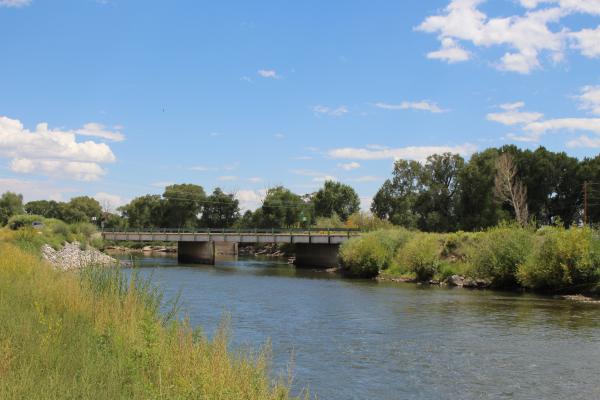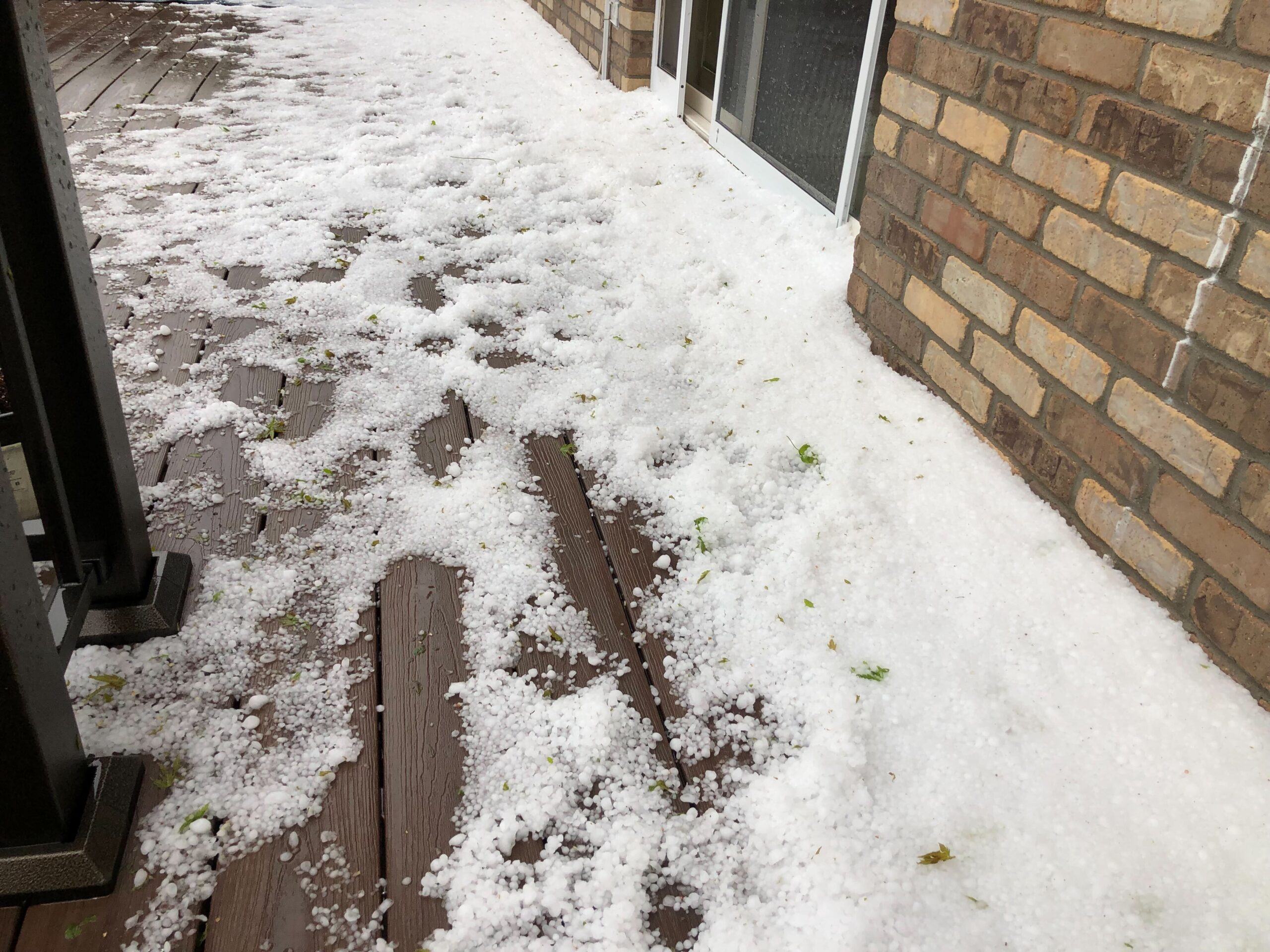
Colorado Attorney General Phil Weiser pledged to keep working with other states to find a solution to sharing water in the Rio Grande, site of a decades-long dispute.
The U.S. Supreme Court on Friday rejected a settlement between Colorado, Texas and New Mexico over the management of one of North America’s longest rivers.
In a 5-4 decision, the justices ruled that the water-sharing deal between Texas and New Mexico can't go through because the federal government still has concerns about New Mexico water use on the Rio Grande, which Colorado also draws from.
“Having acknowledged those interests, and having allowed the United States to intervene to assert them, we cannot now allow Texas and New Mexico to leave the United States up the river without a paddle," said Justice Ketanji Brown Jackson, reading the majority opinion, which crossed ideological lines as it was joined by Justices Sonia Sotomayor, Elena Kagan, Brett Kavanaugh and John Roberts.
In a dissent, Justice Neil Gorsuch said the United States' theory about how water should be distributed between the two states is “so aggressive that New Mexico fears it could devastate its economy." Joined by Justices Clarence Thomas, Samuel Alito and Amy Coney Barrett, he wrote that the high court's ruling “defies 100 years of this court's water law jurisprudence.”
In a release from his office, Weiser said he disagreed with the ruling, but would keep trying to find common ground with the other two states and the federal government.
“While I disagree with that finding and the court’s holding, it cannot change the fact that three states have already resolved their dispute under the Compact and are interested in ending this litigation,” Weiser said. “To that end, I remain committed to working with Texas and New Mexico to develop a path forward that ends this dispute as expeditiously as possible.”
New Mexico’s state engineer said it was disappointing the high court scuttled the deal recommended by a federal judge overseeing the case.
“We need to keep working to make the aquifers in the Lower Rio Grande region sustainable, and lasting solutions are more likely to come from parties working together than from continued litigation," said Mike Hamman, whose office is responsible for administering the state’s water resources.
U.S. Circuit Judge Michael Melloy had previously deemed the proposal a fair and reasonable way to resolve the conflict consistent with a decades-long water-sharing agreement.
The federal government, though, lodged several objections, including that the proposal did not mandate specific water capture or use limitations within New Mexico.
Farmers in southern New Mexico have had to rely more heavily on groundwater wells over the last two decades as drought and climate change resulted in reduced flows and less water in reservoirs along the Rio Grande. Texas sued over the groundwater pumping, saying the practice was cutting into the amount of water that was ultimately delivered as part of the interstate compact.
Some New Mexico lawmakers had voiced concerns about the proposed settlement, which would have meant reducing the state's use of Rio Grande water with steps like paying farmers to leave their fields barren and making infrastructure improvements. The settlement also would have clarified how water will be accounted for as it flows downstream and outlined transfers if not enough or too much water ended up in Texas.
The river’s headwaters are on the east side of the Continental Divide at the San Juan Mountains in southern Colorado, near Del Norte. The three states first entered into a compact to share water from the river in the 1930s, but it wasn’t long before disputes and litigation began over whether each state was living up to the agreement.
CPR News Investigative Editor Chuck Murphy and Associated Press writer Rio Yamat in Las Vegas contributed to this report.








